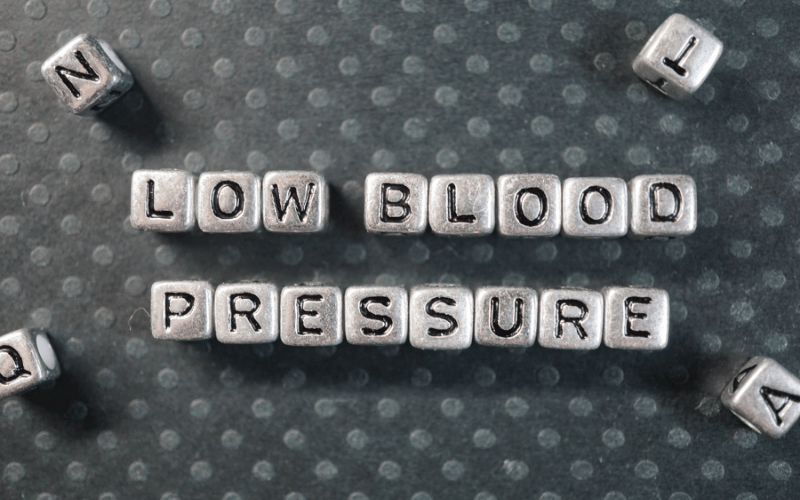Symptom 7: Low Blood Pressure

Life is a play of balances. One such critical equilibrium is our blood pressure – not too high, not too low, just right. Yet, for those grappling with Bartter Syndrome, this balance is often tilted, leading to consistently low blood pressure or hypotension.
Why does a renal ailment affect blood pressure? The kidneys play a pivotal role in regulating blood pressure by managing fluid and salt balances. In Bartter Syndrome, an abnormal salt loss leads the body to think it’s perpetually dehydrated. Despite its best attempts to retain fluid, the outcome is a reduced blood volume and, consequently, low blood pressure.
Low blood pressure isn’t just a number on a monitor. It translates to real-life challenges – dizziness, blurred vision, or even fainting. These symptoms can strike anytime, turning daily tasks into potential hazards. For some, it means being perpetually cautious, always alert to the looming threat of a dizzy spell.
While low blood pressure poses challenges, it’s not an insurmountable obstacle. With the right management, including increased salt intake and medication adjustments, many individuals can stabilize their blood pressure. Hydration becomes key; sipping fluids through the day can offer a buffer against sudden drops. (7)